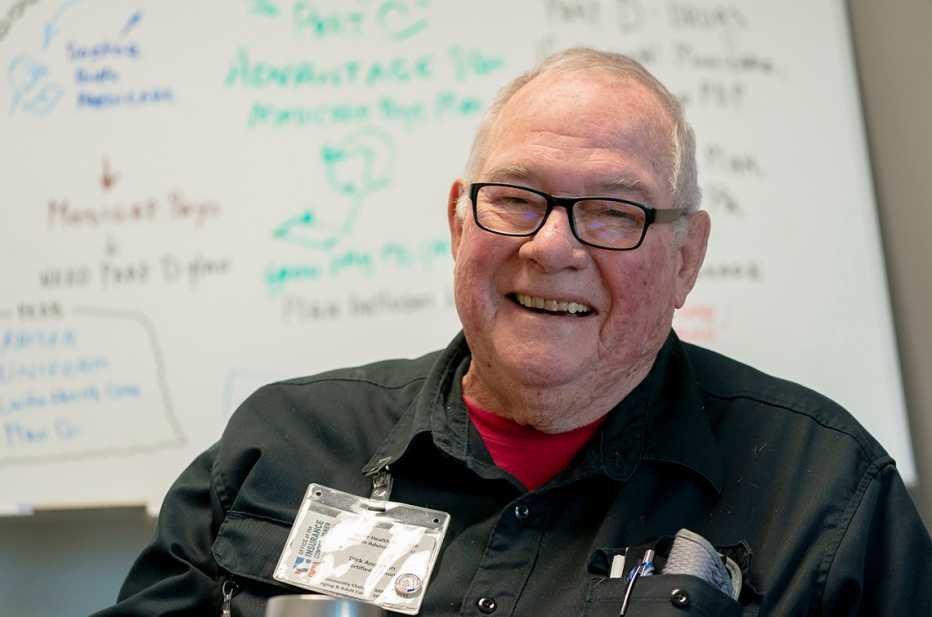AARP Hearing Center


Volunteers who join the Senior Medicare Patrol want to root out crime and help simplify an often puzzling government program.
Experience from your past jobs can complement others’ skills on a case. Members of the patrol who worked on a California hospice fraud case came from a wide variety of backgrounds, including business administration, construction, engineering, law enforcement, retail and theater and performing arts.
“It’s a really fulfilling opportunity for folks who are looking for a challenge, something that is going to engage them in a complex topic,” says Director Rebecca Kinney of the federal Administration for Community Living’s office of health care information and counseling. Her division of the U.S. Department of Health and Human Services (HHS) finances the Senior Medicare Patrol program.
“You get the satisfaction of being able to find answers and help other community members and your peers in sometimes tough situations,” she says.
Two programs to help with Medicare tackle different problems
Senior Medicare Patrol and State Health Insurance Assistance Program (SHIP) volunteers are equally dedicated to helping Medicare beneficiaries. SMP volunteers give presentations about avoiding Medicare fraud, answer questions about suspected fraud and gather information for investigations. In some states, they’re also required to be SHIP counselors and train to help people with their Medicare decisions.
Senior Medicare Patrol
In this series:
SHIP counselors are highly trained volunteers who offer unbiased guidance and one-on-one assistance to Medicare beneficiaries. Senior Medicare Patrol volunteers who are also SHIP counselors can help look into suspected fraud, as well as field questions about Medicare enrollment, coverage, claims and decisions during open enrollment.
Program Manager Tim Smolen of Washington state’s Senior Medicare Patrol and State Health Insurance Assistance Program, which is called Statewide Health Insurance Benefits Advisors (SHIBA) in his state, sees two classic situations that attract volunteers:
- Some are surprised by how complicated Medicare decisions were when they turned 65. “They want to spare others the challenges,” Smolen says.
- Others were targeted or became victims of Medicare fraud and think they should have paid more attention. “They become missionaries,” he says. “They want to help the next person to not have the same bad experience.”


Betsy Dubin of Gainesville, Florida, joined the Senior Medicare Patrol after retiring from a 40-year career as an accountant and controller, primarily in real estate. She had a great experience with Florida’s version of SHIP, called Serving Health Insurance Needs of Elders (SHINE).
After learning about Medicare options as her 65th birthday approached, she decided to use her knowledge to become a volunteer when she retired and was looking for ways to give back.






































































More on Medicare
Where to Find Answers to Your Medicare Questions
We have 5 resources for you to check out, including AARP
6 Ways Kindness Is Good for You
How helping others can help improve your health
10 Common Medicare Mistakes to Avoid
Errors can prove costly to new enrollees